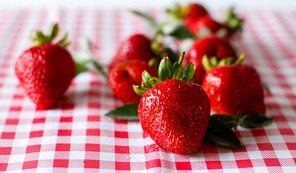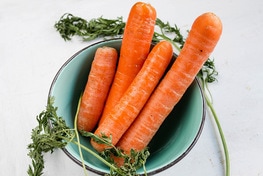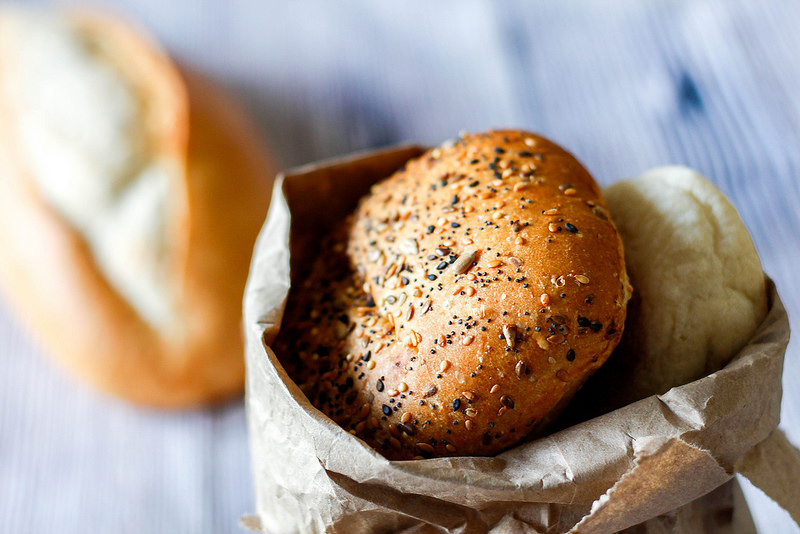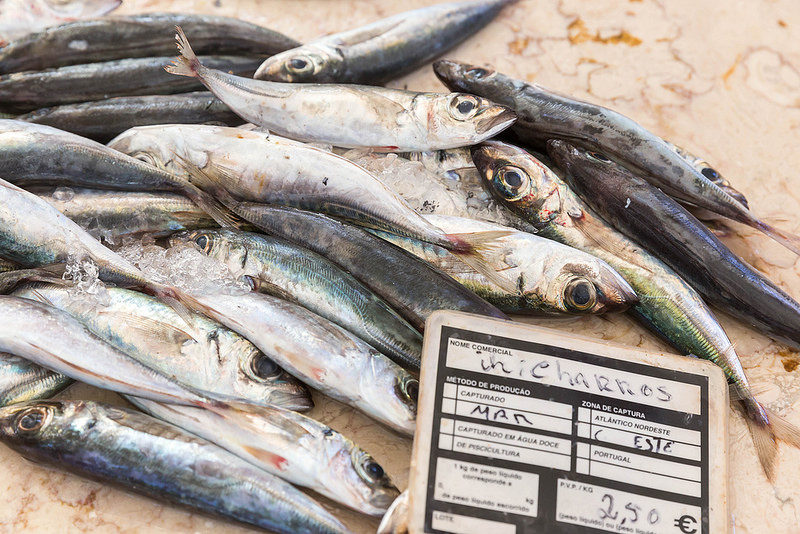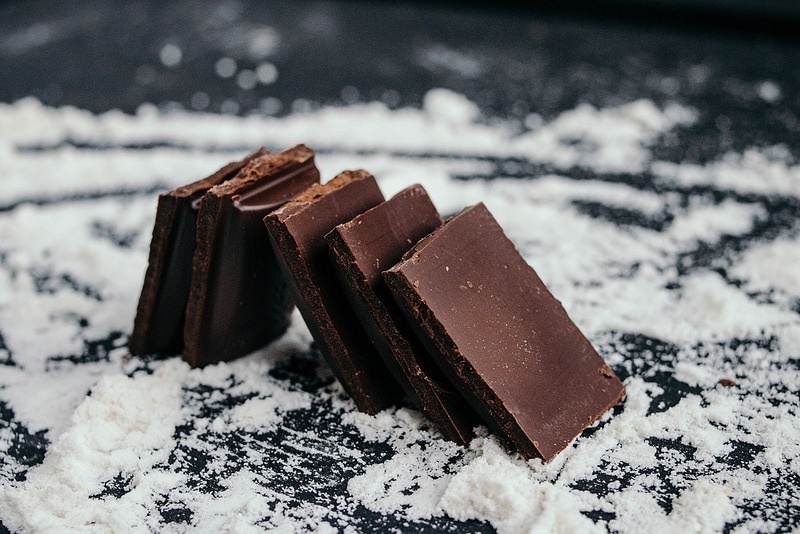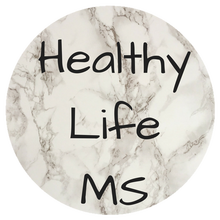Tracking the calorie content of food to see the recommended amounts of each that you should be consuming is time-consuming and often inaccurate as calories vary with different sized items eg. a small banana can have say 85 calories while a large one can have upwards of 150 calories. Packaged items are often calculated on much larger industrial-sized quantities and divided into 'recommended' portion sizes, so whilst a useful guide this cannot be considered 100% accurate; a better and easier way to consider portions is in terms of regular household items, handfuls or number of smaller items in a group.
Sources:
Active IQ (2016) Personal Training Manual
Active IQ (2016) Personal Training Manual
